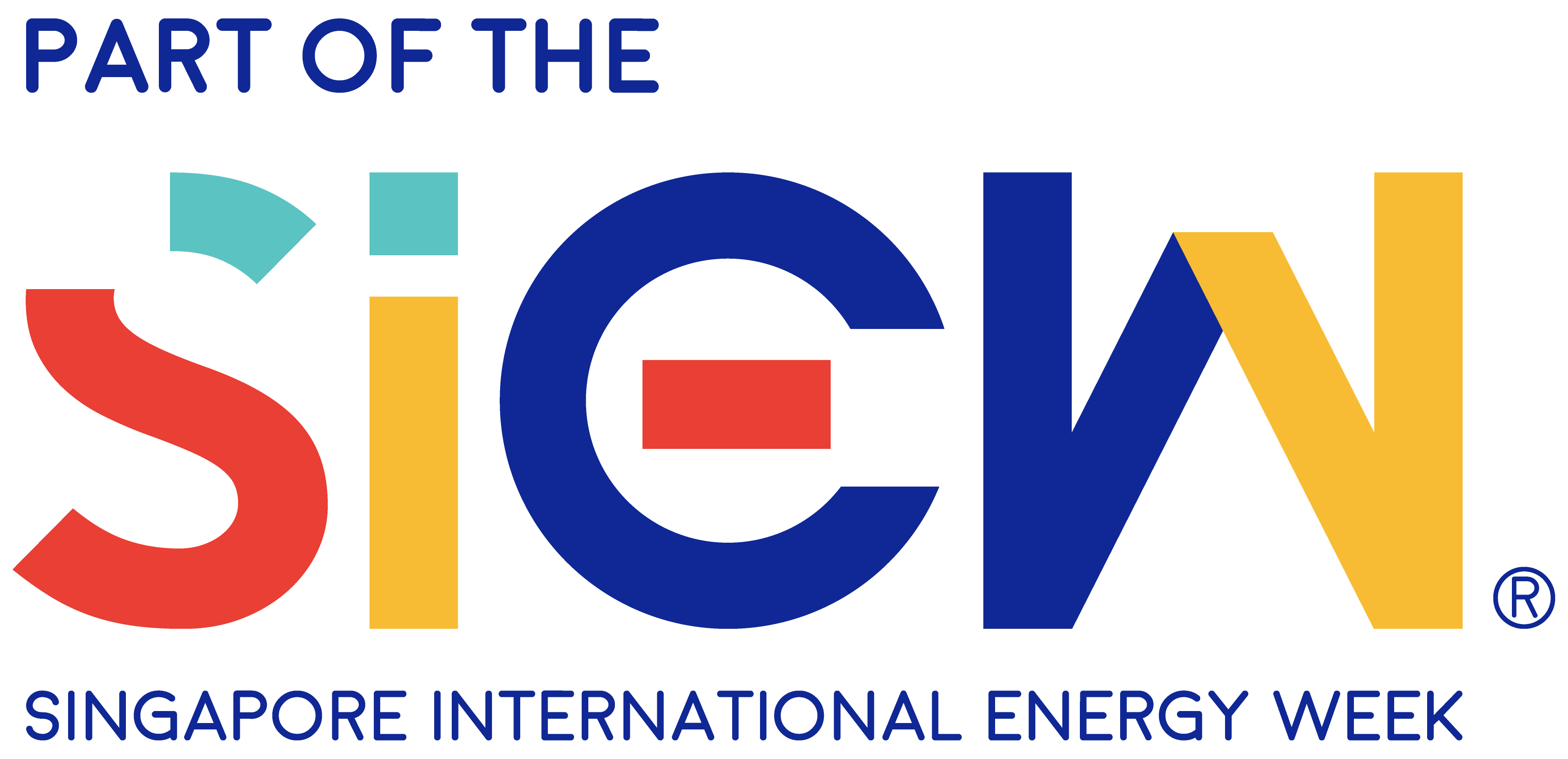Introduction: The Trust Gap in Plant AI
Advanced Process Control (APC) has long been the workhorse of the downstream industry, quietly ensuring stable operations, improved yields, and better energy efficiency. Yet despite decades of success, APC systems are often treated as “black boxes”: they make adjustments, but operators are left wondering why. The same problem plagues many artificial intelligence (AI) tools in industry today. Algorithms identify correlations and suggest actions, but without explaining the rationale.
This lack of transparency erodes trust. Operators may hesitate to act on AI recommendations, and engineers must spend valuable time interpreting controller behavior. As a result, much of the potential value of APC and AI goes unrealised.
What if these systems could do more than calculate? What if they could explain?
Why Black-Box Systems Are No Longer Enough
Traditional data-driven AI has proven effective for routine monitoring and prediction. But when conditions shift—feedstock changes, equipment degrades, or new economic strategies emerge—these systems often falter. They cannot explain why a pattern emerges, nor can they propose actions outside their training data.
Similarly, APC systems optimise against defined constraints but rarely communicate the trade-offs involved. Was throughput reduced to preserve quality? Was energy consumption sacrificed to protect safety margins? Without this context, operators see only the end result, not the reasoning.
In complex operations, where safety and profitability hinge on nuanced decisions, “because the model said so” is not an acceptable answer.
Learning from How Engineers Solve Problems
Experienced engineers take a different approach. They don’t rely solely on data—they integrate multiple layers of knowledge: design bases, control narratives, operating procedures, safety philosophies, and years of operational experience. When a problem arises, they weigh trade-offs across safety, quality, throughput, and economics, and then recommend an action.
This ability to contextualise data, apply engineering reasoning, and explain the “why” behind decisions is precisely what has been missing from black-box APC and AI systems.
Context-Aware AI: The New Paradigm
The next evolution of APC and AI is not about replacing human expertise, but about amplifying it. Context-aware AI systems combine three elements:
- Real-Time Process Monitoring – Continuous tracking of plant conditions, just as APC has always done.
- Knowledge Base Integration – Access to design documents, control philosophies, operating envelopes, and safety logic.
- Reasoning Engines – Algorithms that can weigh options, apply engineering logic, and explain recommendations in plain language.
Instead of a cryptic model output, the system presents a recommendation along with its reasoning:
- “Throughput was reduced by 2% to maintain product quality within ASTM specifications.”
- “Lowering column pressure by 3 psi will relieve tray flooding, remain within design limits, and increase separation efficiency.”
Such transparency not only improves decision-making but also builds operator trust.
A Practical Example: Turning Constraint into Opportunity
Consider a crude distillation column approaching hydraulic limits. A conventional APC system recognises the constraint and reduces feed, protecting the unit but sacrificing economics. A purely data-driven AI model trained under stable conditions offers little help—it has never “seen” this scenario before.
A context-aware system, however, responds differently. It identifies the constraint from real-time data, queries design documentation for tray specifications, and cross-references safety margins. It then recommends reducing column pressure by 3 psi, explaining that this adjustment will alleviate tray flooding, increase separation efficiency, and safely boost throughput.
In this case, the recommendation is not just an output—it is a transparent advisory, grounded in engineering knowledge and presented with clear reasoning. Operators understand why the action works and can execute it with confidence.
Building Operator Trust and Adoption
The true barrier to APC and AI adoption is not technology—it is trust. Operators must feel confident that the system’s recommendations align with their priorities: safety first, quality assured, economics optimised. By making reasoning explicit, context-aware AI transforms skepticism into confidence.
This approach also addresses another pressing industry challenge: the generational knowledge gap. As experienced operators retire, their expertise risks being lost. Context-aware systems capture and embed this knowledge, ensuring it remains available to junior engineers, night shifts, and remote facilities alike.
The Road Ahead
For downstream companies, the implications are significant:
- Greater utilisation of APC systems as operators trust recommendations and understand trade-offs.
- Faster, better decisions during critical moments, when minutes can mean millions.
- Democratised expertise, where every operator has access to “senior-level” reasoning in real time.
The technology exists today. What matters now is integration into workflows and building the cultural trust that turns AI from a black-box predictor into a transparent advisor.
Conclusion
The evolution of APC and AI is not about making systems more powerful, but about making them more understandable. By moving from black box to transparent advisor, the industry can unlock hidden value, empower operators, and ensure that every decision balances safety, quality, and economics.
In the future of downstream operations, AI won’t just control the plant. It will explain the plant—and in doing so, help humans and machines work together with confidence.

About the Author
Filippo Trivella
Managing Director
Alpha Process Control
Filippo Trivella is a chemical engineer with over 30 years of experience in process control and optimization for the refining and petrochemical industries. He holds a Master’s degree in Chemical Engineering from the University of Pisa and has been active in the field since 1993.
He is the co-founder and Managing Director of Alpha Process Control, an independent boutique consulting firm established in 2011. Under his leadership, Alpha has completed more than 200 projects across Europe, the Middle East, and Asia, delivering advanced solutions that improve operational efficiency and profitability for major oil and gas companies.
Filippo’s expertise spans the implementation of Model Predictive Control, Near-Rigorous Model inferentials, and the integration of artificial intelligence to support digital transformation in the process industry. At Alpha, he continues to lead initiatives that apply AI-driven technologies to optimize production, reduce losses, and increase margins.





